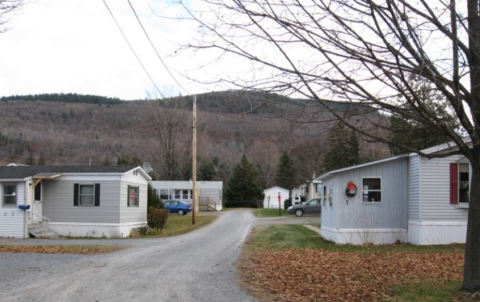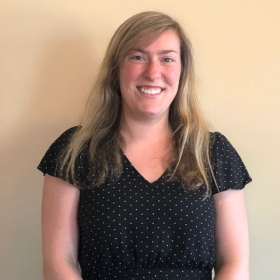The past few years have witnessed a societal reckoning with income, class, and racial disparities, particularly as they relate to health and well-being. A number of multisector collaborations with a focus on environmental justice and social determinants of health have sprouted up and are leveraging advocacy, philanthropy, and governmental policy to address these intersectional issues. While these efforts are far-reaching in their pursuit of addressing historical inequity, one particularly vulnerable group has been overlooked—residents of manufactured home communities (MHCs).

Colloquially known as mobile home parks or trailer parks, MHCs house more than 22 million Americans (6 percent of the US population). MHC residents’ annual income is less than half of a typical US homeowner. They face a consistent threat of gentrification and displacement if they can’t pay ever-increasing lot rents. Also critically important, these communities often face significant water insecurity, with important health implications. Many communities are in floodplain areas and have little voice in their water and energy infrastructure, which is often substandard. MHCs are typically owned by a sole proprietor who is under little obligation to invest in wastewater solutions regularly. When a community transitions to cooperative or nonprofit ownership, the new owners are often left with millions of dollars of needed investments in wastewater, drinking water, and stormwater infrastructure.
The prospect of improving health outcomes in these communities is directly tied to improving MHC living conditions, ownership structures, and infrastructure. Barriers to such improvements include limited access to public funding, predatory behavior by investor-owners, social stigma, and the increasing burden of climate change. Read the full article on Health Affairs ForeFront that VHFA's Director of DeveIopment Megan Roush wrote with co-author Tee Thomas of Quantified Ventures.

